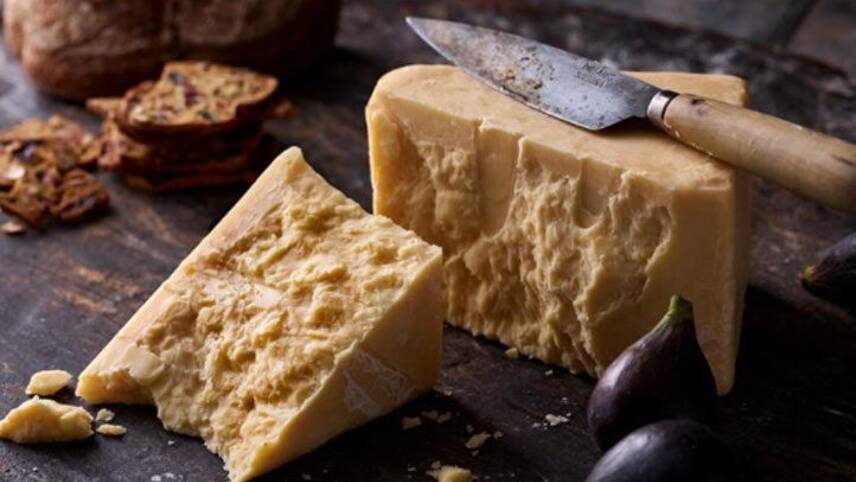Register for free and continue reading
Join our growing army of changemakers and get unlimited access to our premium content

Image: Wyke Farms
The cheddar will come from supplier brand Wyke Farms, with the certification initially set to cover Lidl Deluxe Cheddar products before being rolled out to other lines.
Lidl has said it will work with Wyke Farms and its network of farmers to support them to adopt more sustainable practices on farms, enabling them to make energy, water and resource use more efficient while supporting carbon sequestration. Key focus areas will be feed management, soil and land management, manure management, herd management and energy management. These measures should reduce annual emissions by 22.5 million kilograms of CO2e.
The remaining emissions will be addressed with the purchase of “gold standard” carbon credits. Lidl GB is working with The Carbon Trust to verify both the carbon credits and the on-farm reductions.
While the first certified products will reach Lidl shelves in UK stores in the coming days, the supermarket insists that it is taking a longer-term stance. The partnership with Wyke Farms has a longer-term ambition of reaching carbon neutrality within the value chain, i.e. without the use of offsetting that supports projects in other parts of the UK or the world. 2030 has been set as a deadline, with the businesses also committing to a “fully closed-loop system” in this timeframe. Steps to be taken include turning bio-waste into renewable energy.
Lidl GB’s head of responsible sourcing and ethical trade Amali Bunter – also a member of edie’s 30 under 30 – said the partnership will help to “future-proof British farming”.
She said: “Our partnership with Wyke Farms is aiming to tackle some of the barriers to addressing carbon-neutrality in farming. Developing a closed-loop system requires significant investment, but we believe that this pioneering programme will help set the standard for our supplier practices going forward.”
The announcement comes shortly after Arla Foods, another of the UK’s major dairy firms, announced the completion of one of the biggest analyses of Scope 3 (indirect) greenhouse gas emissions in the sector.
Green policy for farming
In related news, the think-tank IPPR has today (13 May) published a policy briefing on the future of the UK’s farming policy, in light of Brexit and net-zero.
The report argues that more must be done to financially incentivise farmers to reach and go beyond net-zero, and to deliver net gain for nature. On the former, IPPR claims that Defra has no plans outlining how, exactly, farming emissions should be lowered.
But standalone incentives, the report states, will not be sufficient to help farmers tackle the full scope of the sector’s challenges, including an ageing workforce; changing animal welfare requirements; infrastructure gaps in rural communities and confusion over trade deal standards. The organisation would like to see an overarching ‘new deal for farming’ as part of the Government’s Covid-19 recovery plans.
The report comes after the Queen, during her speech at the reopening of Parliament this week, said: “The UK is committed to achieving net-zero greenhouse gas emissions by 2050 and will continue to lead the way internationally, by hosting the COP26 summit in Glasgow.
“Legislation will set binding environmental targets. Legislation will also be brought forward to ensure that the UK has, and promotes, the highest standards of animal welfare.”
In these comments, she was alluding to the delayed Environment Bill and the recently introduced Agriculture Bill. While the Agriculture Bill’s main facets were broadly welcomed, the Government has been accused of watering down some key provisions and is facing pressure to provide more clarity and support on forthcoming changes.
Sarah George


Please login or Register to leave a comment.